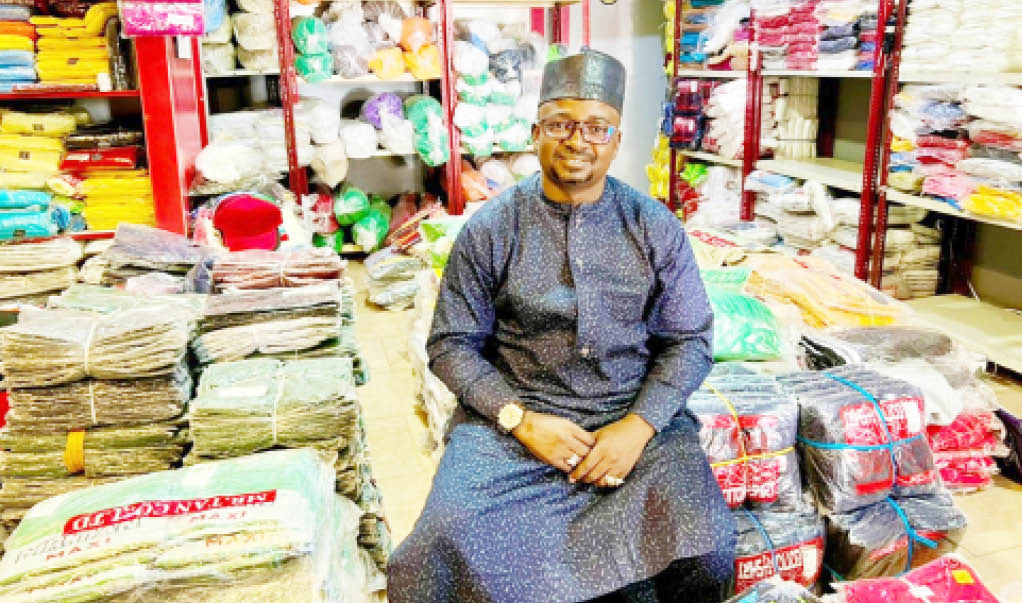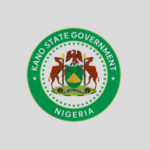Malam Aminu Yakubu sells wristwatches by the roadside of Royal Market, adjacent the Sheikh Abubakar Mahmud Gumi Market in the heart of Kaduna metropolis. The middle-aged trader said he lost his means of livelihood in 2020 when the Kaduna State Government imposed a lockdown to stem the spread of COVID-19 in the state. He explained that he converted his business capital to sustain the family. Upon exhausting the capital, he sought for a loan within his community, and after the state government’s restrictions were lifted, there was little or nothing left for the middle-aged man to fall back to.
However, smiling recently, he told Daily Trust on Sunday that he was one of the 150 beneficiaries of an interest-free loan disbursed to small traders by a businessman and onetime roadside trader, Alhaji Ahmed Tijjani Aliyu.
With about N7.5 million interest-free loans disbursedHow loose security at airports aids arms, drugs influx into Nigeria N50,000 each to small traders around Gombe Road, Lagos Street, Royal and Sheikh Gumi markets, many traders said they were finding succour.
“I am one of the people that were given N50,000 to be paid in 90 days,” Yakubu said, adding, “None of the highly influential people in the society has thought it wise to assist us. Honestly, we never expected this, it came as a surprise when we filled the forms and were screened. But today, we are grateful because we have been given capital and we are expected to pay N550 daily for the next 90 days.”
Mustapha Usman, 35, who sells flip-flops and slippers by the roadside, said he was also given N50,000 in January 2022. He said the loan had boosted his business of N30,000, adding, “Immediately I received the money, I rushed to my suppliers to purchase more slippers and flip-flops. The money didn’t last an hour in my hand. I have injected it into my business and I am grateful.”

Our correspondent gathered that after a year, a similar opportunity would be extended to a new group of traders, people who have already filled forms and are eagerly waiting.
Malam Bala Idris is one of the expectant traders who said his details had already been captured and he was assured that he would benefit in the second batch next year.
“I sell phones and accessories by the roadside of Royal Market. I also lost a large part of my business capital during the COVID-19 lockdown in the state.
“We have all been screened because they want to make sure that they are assisting those who are truly in need of assistance by empowering them and boosting their capacity,” he explained.
The man behind the initiative, Alhaji Ahmed Tijjani Aliyu, who now sells branded t-shirts in the market, said he once sold matches, flip-flops and toothpaste and polythene bags by the roadside. He explained that the initiative to help small traders came after he noticed that many of them had lost their capitals due to COVID-19 lockdown.
“People suffered during the COVID-19 lockdown, and some are still suffering because of the economic hardship. We initially had plans for 100 small traders, but when we noticed that the turnout was overwhelming, we extended it 150 people.
“This is for one year; which means that after they pay back the loan in 90 days, we will give them another N50,000, and this will continue for the rest of the year. I believe a lot of them would be able to stand firmly. Then we can start all over again with a new batch,” he said.
For accountability and tracing, the businessman said that each beneficiary was asked to fill a form with their passports attached. He further explained, “There is a card and a collector who is under my payroll. Everyone is expected to pay N550 daily; and anyone who pays will have his name ticked on the card.
“As at now, we have an additional 100 small traders who have registered for the next batch, and we have their filled forms and passports with us. We apologised to them and urged them to be patient. If we notice that some people in the first batch are not serious, we can remove them and replace them with these people who are on the waiting list.”
Other traders narrated to our correspondent how the businessman had, in the past, rented shops in the market, which portions were divided to accommodate small traders who did not own stalls or shops, especially during the rainy season. Alhaji Ahmed, however, said he had decided to do more after he decided to put to practice, lessons from the sermon of his Islamic teacher and mentor, one of the imams of the National Mosque, Abuja, Prof Ibrahim Ahmed Maqari.
Aliyu, who is popularly referred to as Babasco, further said, “My mentor, Prof Maqari used to say that we should not depend on the government to do everything for us, we need to find ways to help our fellow citizens. It is because of this that we decided to help people who have little capital. All we are doing is to assist our brothers who are in the market. By doing so, we are helping ourselves, our community and Nigeria as a whole. We are happy that people have shown interest, and we will continue to do more, by God’s grace.”
Less than a month since he received his loan, Malam Aminu Yakubu told Daily Trust on Sunday that his wristwatch business was doing well as he now has varieties to showcase to his customers. He urged other wealthy individuals and the government to assist youths so they do not join criminality and other social vices.
He explained that many small traders lost their capitals due to the economic hardship in the country, adding, “The people in the market are really in need of assistance and we need help from the government. Our politicians need to find ways of assisting us with such loans. It doesn’t take much for each of our representatives to help 50 people with loans and do it in batches.”
The chief imam of Royal Mosque, Malam Idris Umar, also known as Malam Na Rigasa, commended the initiative of Alhaji Ahmed, saying he was contributing to a better community. He said that with such initiatives, many youths would be empowered, which will, in the long run, reduce insecurity in the state.
Aisha Alhassan, who sells fresh vegetables at the market, appealed to the businessman to extend the gesture to women. She said many women had become breadwinners in their homes and would need such assistance to cater for their families.

 Join Daily Trust WhatsApp Community For Quick Access To News and Happenings Around You.
Join Daily Trust WhatsApp Community For Quick Access To News and Happenings Around You.


